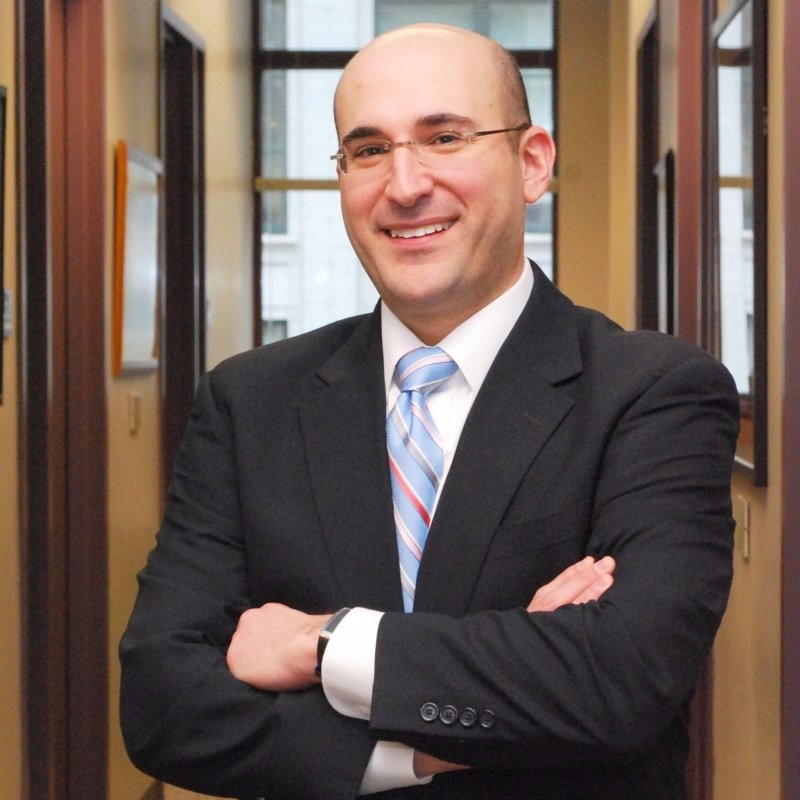Seasoned professionals who want to take their business knowledge — and their careers — to the next level have a new option: the Doctorate in Business Administration at DePaul University. The degree, which will launch in September 2015, is a three-year, part-time program for the working professional who has earned a previous master's degree in a business-related discipline and who has eight to 10 years of experience in management or consulting.
DePaul has long been known for developing business programs for working professionals, so a doctoral degree is a new way to cater to that student base. "We know that people need lifelong learning, and yet, if you're not offering a traditional PhD, most business schools stop with a master's degree," says Robert S. Rubin, associate professor of management at the Kellstadt Graduate School of Business. "We wanted to meet the learning needs of people who say, 'I have my master's, I continue to work but I still want to know more and dive deeper.'"
DePaul's offering was inspired by research into the market and the move by the Association to Advance Collegiate Schools of Business to accredit doctoral business programs. The program has a strong emphasis on research methodology and interdisciplinary coursework while featuring the most current developments in both academia and professional practice.
An Applied Business Research Degree
The program's curriculum is designed to equip people to lead at the highest levels. "What differentiates this program from, say, an executive MBA is that the DBA is an applied research degree," explains Rubin, the DBA faculty board chair. "We're taking familiar functional topics that people often learn about early in their education and we're asking, 'So, how would you conduct applied research in these areas to solve real problems in your organizations?'" Rubin says.

This means that instead of teaching people how to conduct performance evaluations, which might be a focus in an MBA program, the DBA would teach candidates which questions to ask and study in their organizations to make performance reviews more effective. "The idea is to develop people who become scientist-practitioners who will ask critical questions and move their organizations forward by taking a rigorous approach," Rubin says.
A fundamental component of the DBA experience is a personal working relationship with faculty members who have deep experience with research. Each year of the program, candidates will participate in 10, three-day residencies led by Kellstadt faculty once per month. During the second year, DBA candidates will work as part of a small research team under a faculty member to frame and analyze a real-world business problem. During the third year, candidates will pursue dissertation research while being supervised by a faculty mentor.
Another distinguishing factor of the degree is its cohort model, where students move through the program with the same closed-knit set of 15-20 candidates. "It allows people to build a network and also have a group that they can rely on as they all pursue a work-life balance," says Daniel Heiser, associate dean for graduate programs. "Having other people who are similarly situated to you and being able to develop relationships alongside everything else going on can be very helpful."
The program's location is also one of its draws. "Many graduates of our other DePaul business programs stay in the Chicago area, and that network is still available to us. DePaul can draw on those connections — we can go out and look at our alumni base for help identifying projects appropriate to these DBA classes," Heiser says.
Who Should Apply
Because the degree lends itself to broad application, it will attract candidates with different goals. Many candidates who already have graduate degrees in business will pursue the degree to take their careers to the next level. "We also expect some people who are looking for another career shift — someone who has had a long, distinguished career in business and is now looking for how to gain entry into the academic world but doesn't want to follow traditional PhD route," Heiser says.
Rubin echoes those sentiments: "If you're deeply committed to an organization and want to deepen involvement with your current job, this degree is excellent. If you want to broaden your skill set in analytics, you're going to get exposure to statistics and research methods that would allow you to take on a new career. The doctoral degree is what people will make of it."
Learn more about DePaul's DBA or email DBA@depaul.edu for more information.
Apply online.